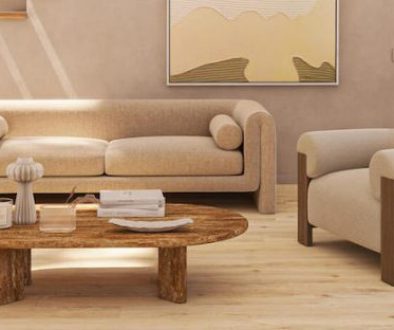Vinyl Plank Flooring
Vinyl Plank Flooring
Vinyl plank refers to a type of flooring material used in residential and commercial spaces. It’s designed to mimic the appearance of hardwood flooring while offering several advantages. Here’s some information about vinyl plank flooring:
Vinyl plank flooring is a modern alternative to traditional hardwood or laminate flooring. It’s made from synthetic materials, primarily layers of PVC (polyvinyl chloride) that are fused together to create a durable and resilient flooring option. Vinyl plank flooring comes in planks that are designed to resemble the look of various wood species, complete with realistic textures and grain patterns. It’s available in a wide range of colors and styles, making it a versatile choice for different interior designs.
Advantages:
-
Durability: Vinyl plank flooring is known for its durability. It can withstand heavy foot traffic, making it suitable for both residential and commercial spaces.
-
Water Resistance: One of the key advantages of vinyl plank flooring is its water resistance. It is highly resistant to moisture, making it suitable for areas prone to spills or moisture, such as kitchens, bathrooms, and basements.
-
Easy Maintenance: Vinyl plank flooring is relatively easy to clean and maintain. Regular sweeping or vacuuming, along with occasional damp mopping, is usually sufficient to keep it looking great.
-
Affordability: Vinyl plank flooring is often more budget-friendly compared to traditional hardwood flooring, while still providing a similar aesthetic.
-
Installation: Many vinyl plank products are designed for easy installation. They often come with click-and-lock mechanisms that allow for a floating floor installation, which means the planks don’t need to be glued down.
-
Comfort: Vinyl plank flooring tends to be softer underfoot compared to hardwood, which can be more comfortable for long periods of standing.
Considerations:
-
Environmental Impact: Vinyl plank flooring is made from PVC, which is a synthetic material. Some people prefer more environmentally friendly flooring options, such as natural hardwood, bamboo, or cork.
-
Appearance: While vinyl plank flooring can closely resemble hardwood, it may not have the exact same texture or feel. Some higher-end vinyl products offer more realistic textures, but there can still be a noticeable difference.
-
Indentation: While vinyl plank is durable, heavy furniture or sharp objects can potentially cause indentations or damage to the flooring.
-
VOC Emissions: Some vinyl plank flooring products may emit volatile organic compounds (VOCs) into the air, which could potentially impact indoor air quality. It’s a good idea to look for low-VOC or VOC-free options if indoor air quality is a concern.



